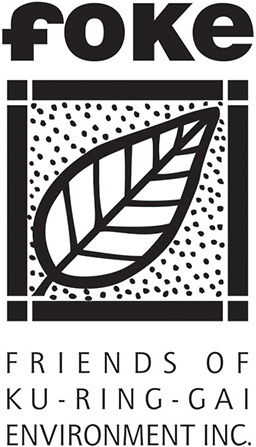FOKE
Political Donations
Donations from Developers
In the absence of any proper justification of urban consolidation, it is not surprising that many believe that the policy has its real basis more in the flow of donations and favours from property developers to major political parties, individual politicians and particularly to the government of the day. There have been many recent revelations of corruption, influence-peddling, and illegal donations that appear to coincide with planning decisions of doubtful probity.
These have led many to question whether political donations should be allowed at all, or should be capped at very low levels. Not only are such donations a threat to proper planning process, they bring politicians generally into disrepute, and strike at the foundation of transparent political process.
Political donations allow developers and others to wield influence on those with responsibility for:
- formulating planning policy,
- formulating planning instruments such as Local Environmental Plans (LEPs) or Development Control Plans (DCPs), or
- negotiating or approving development applications
People with such responsibilities may be found at many levels – local councils (both staff and councillors), planning panels (staff and panel members) and the Department of Planning (ministerial and departmental staff, plus ministers).
The NSW Government has made useful changes to some features of the political donation regime, but has also foreshadowed the possibility of reverting to something closer to the former regime. Whatever, problems will remain unless the root of the problem is addressed. All significant donations should be disclosed on the Election Funding Authority web site in timely fashion – daily in the period immediately preceding an election, not six months after the event! Voters deserve to know, when they vote, who is paying the piper.
Penalties for non-disclosure and late disclosure should effectively treat amounts that are disclosed late, or are not disclosed at all, as bribes. Penalties for politicians should include loss of office. Until then, many will continue to treat their disclosure responsibilities as minor, if not with contempt. Penalties that invite comparison with a slap on the wrist are nothing less than an invitation to laxity, malpractice and corruption.
To explore the extent of political donations and timing “coincidences” between past political donations and planning decisions, plus links to other useful sites, see democracyforsale.net.
